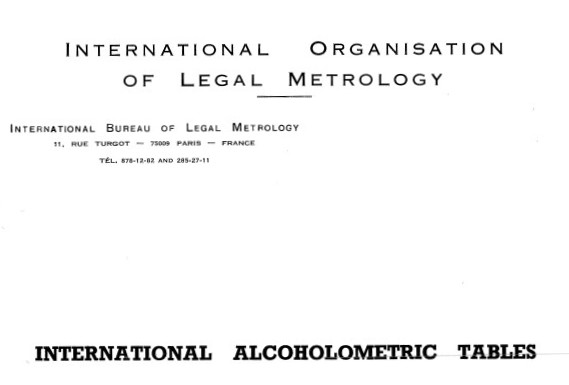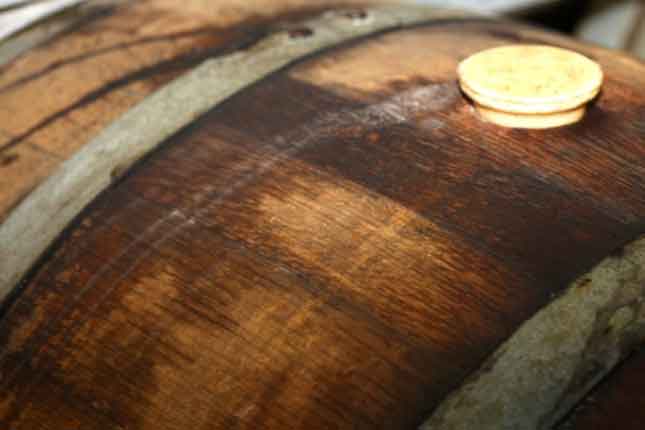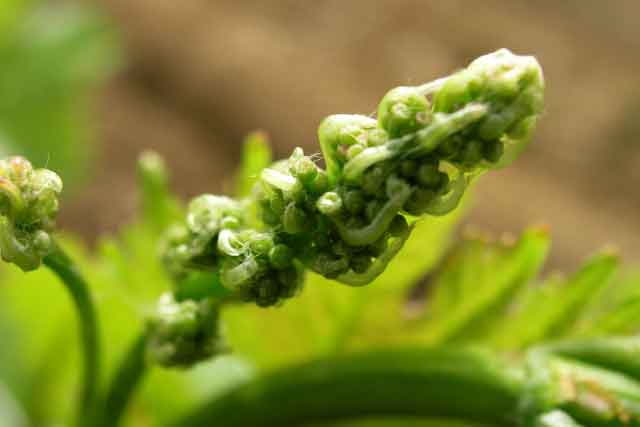How to Calculate the Volume of your spirit when weighing your samples is easy mathematics.
1. Weigh your bottle of spirit.
2. Weigh the empty container and calculate the net weight of spirit.
3. You will need to know the ABV, by hydometry etc.
4. Enter these into the calculator above.
Example of how the Calculation of the Volume of your spirit
Weight of Bottle of Spirit minus the bottle weighs 2.32 kg
The alcohol by volume (ABV) is 45%.
Therefore the lookup density is 939.54 kg/ m3 or 0.93854 kg/litre
And 2.32 / 0.93854 = 2.470 litres
Spirit Temperature Correction Calculator
If you want to know how much alcohol is in your jar, look up Temperature Correction Calculator
This corrects the spirit percentage you have to the standard 20 degrees celcius.
Try this
Spirit Temperature Correction Calculator


